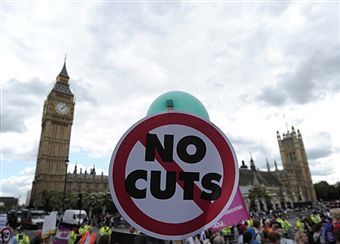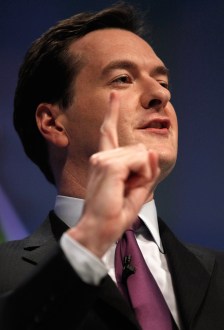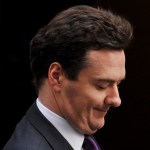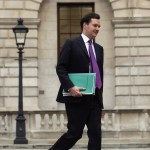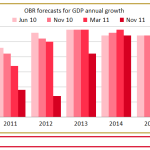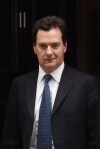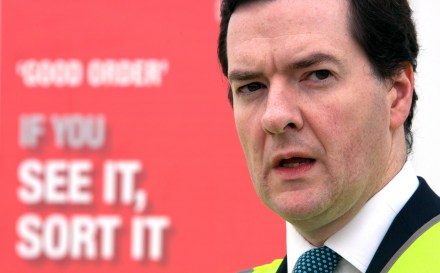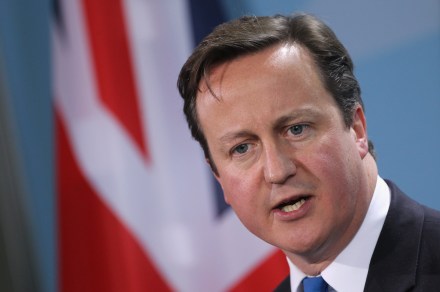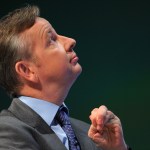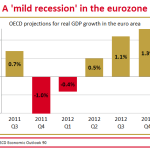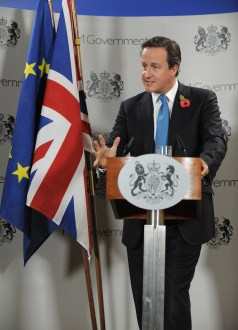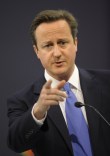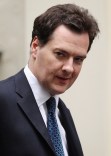A day of disruption
Another testing day for the government, as we shift from the autumn statement to a national strike. It will certainly be more noticeable than the industrial action in June. Some 2 million public sector workers will be involved. According to the schools minister Nick Gibb, around 75 per cent of state schools will be closed. And on top of that, airport queues will lengthen; non-emergency operations will be cancelled; and today’s parliamentary proceedings will go untranscribed. The government’s attitude towards the unions — or, rather, union bosses — appears to have been hardening. The brothers will not have liked yesterday’s forecast that 710,000 jobs will be shed from the public sector by
